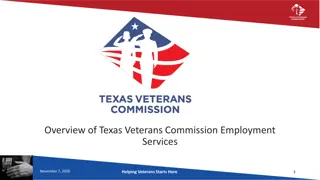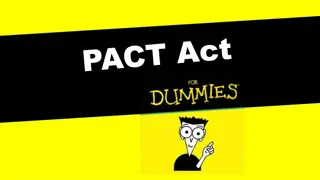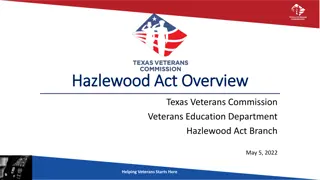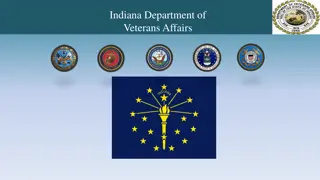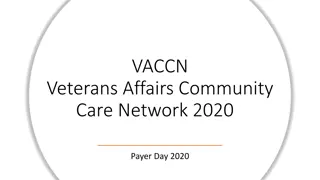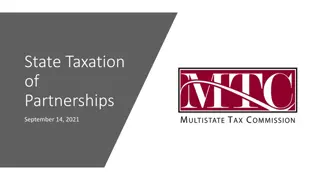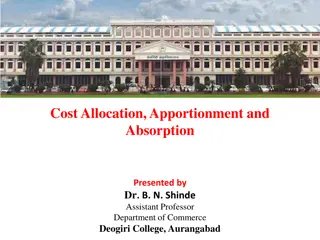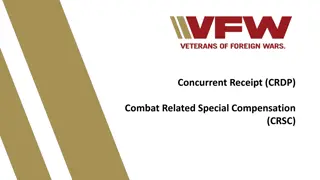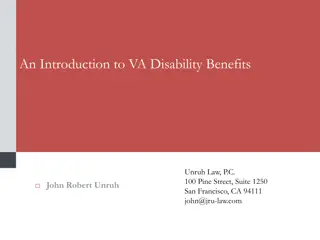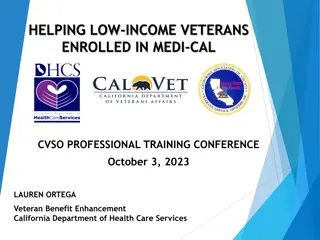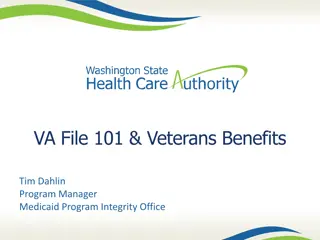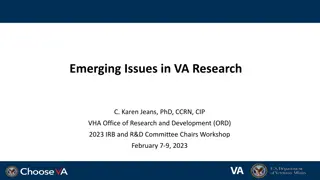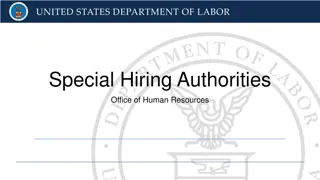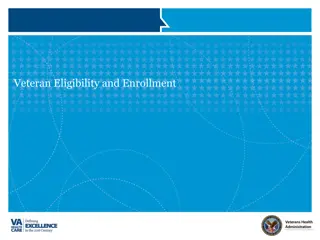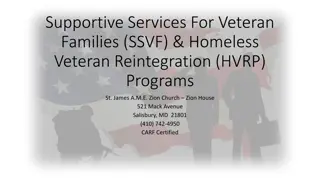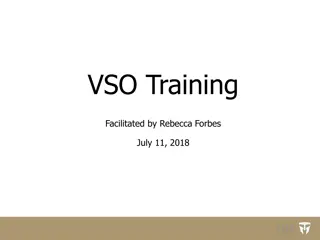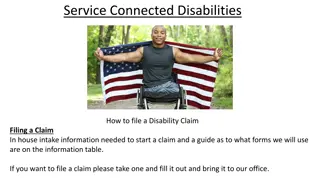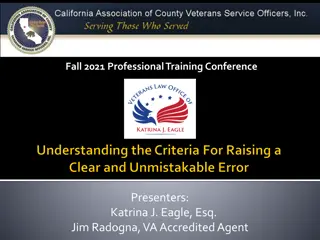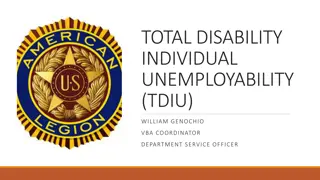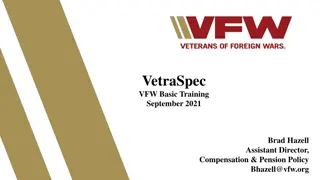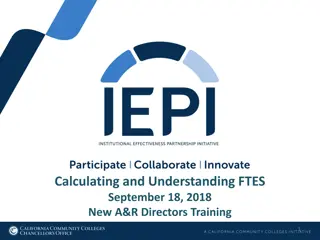Understanding Apportionment in Veterans Benefits
The concept of apportionment in veterans benefits involves the direct payment of a dependent's portion of VA benefits to a spouse, child, or dependent parent when certain conditions are met. This process ensures that dependents receive their entitled share of the benefits. However, there are specific situations where benefits may or may not be apportioned, and it's crucial for veterans and their families to be aware of these guidelines to avoid any conflicts or misunderstandings. Additionally, ex-spouses seeking assistance with apportionment claims should be directed to the appropriate channels, as veterans service organizations primarily serve veterans and their direct dependents. Lack of response from veterans to apportionment notices can result in unintended consequences, highlighting the importance of timely communication in such matters.
- Veterans Benefits
- Apportionment Guidelines
- Dependent Share
- Veterans Service Organizations
- VA Benefits
Download Presentation

Please find below an Image/Link to download the presentation.
The content on the website is provided AS IS for your information and personal use only. It may not be sold, licensed, or shared on other websites without obtaining consent from the author. Download presentation by click this link. If you encounter any issues during the download, it is possible that the publisher has removed the file from their server.
E N D
Presentation Transcript
38 CFR 3.450 3.461 38 U.S.C. 5307 References
Direct payment of the dependent's portion of V.A. benefits to a dependent spouse, child, or dependent parent Apportionment Defined
If the veteran is not residing with his or her spouse or his or her children and a claim for apportionment is filed for or on behalf of the spouse or children. Pending the appointment of a guardian or other fiduciary. Situations when Situations when benefits may be benefits may be apportioned apportioned When an incompetent veteran without a fiduciary is receiving institutional care, his or her benefit may be apportioned for a spouse or child, or for a dependent parent unless such benefit is paid to a spouse for the use of the veteran and his or her dependents.
When the total benefit payable to the disabled person does not permit payment of a reasonable amount to any apportionee. When the spouse of the disabled person has been found guilty of conjugal infidelity by a court having proper jurisdiction. If it has been determined that he or she has lived with another person and held herself or himself out openly to be the spouse of such other person. Situations when benefits may NOT be apportioned When the child of the disabled person has been legally adopted by another person. Until the estranged spouse of a veteran files a claim for an apportioned share.
You may have occasion where a disgruntled ex-spouse of a veteran comes to you seeking assistance with an apportionment claim. Always keep in mind, we are a VETERANS Service Organization, not an Ex-spouses of Veterans Service Organization. You can provide forms and direct them to the V.A., but do not take POA or file any claims for the ex-spouse, even if the veteran does not have POA with us. Note If both are veterans and we do not already represent one of them, accepting POA is acceptable. Representing both would be a conflict of interest.
Possibly the biggest issue you will see stems from veterans not responding to an apportionment notice. The notice states that the veteran has 60 days to respond with statements and evidence on why it should not proceed. Problems we have seen. If the veteran does not respond, the V.A. assumes that they are not contesting the action, and the V.A. will proceed with the apportionment.
The right questions can stop an apportionment fast. Is there currently an alimony and/or child support order in place? If so, evidence of that could be enough to end the action (if they are living up to it). Falling short of an order, does the veteran make monthly contributions out of personal responsibility? Evidence of a bank statement would be helpful. What s the veterans financial situation? If the veteran can t afford the apportionment, submit proof. Is the apportionment request valid? A little investigating can reveal that the truth does not always match the story. What should you be looking for?
Understand how apportionment works and the biggest pitfalls veterans tend to overlook when notified of such action. Ask the right questions that can stop an apportionment. SUMMARY




